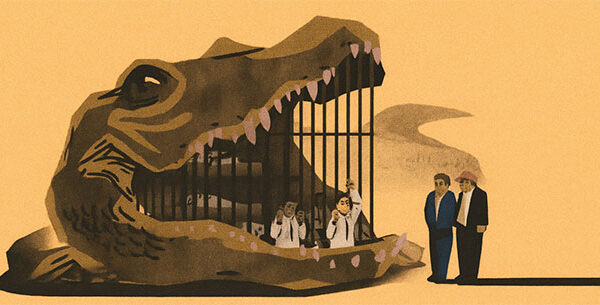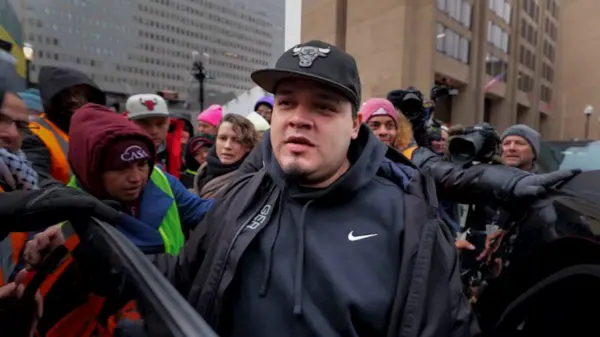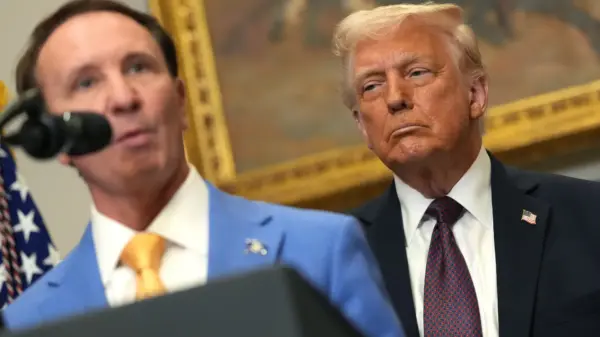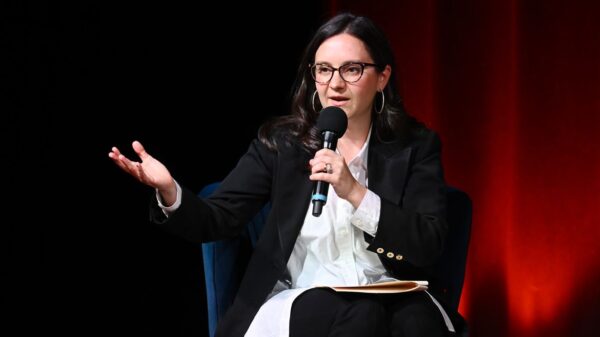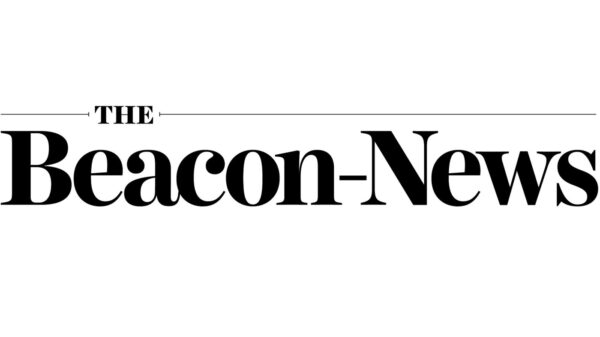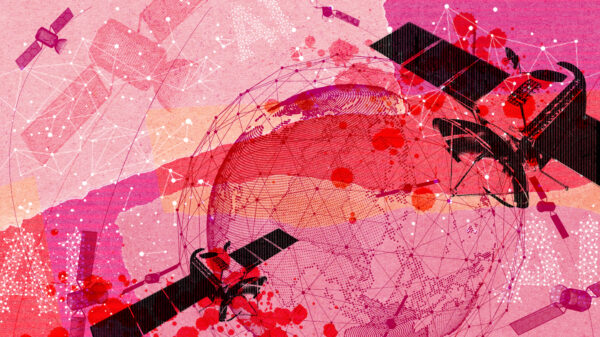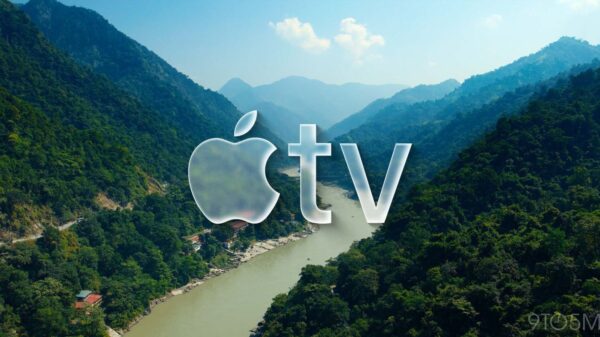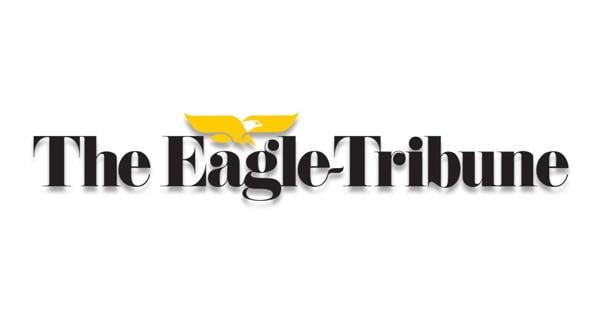UPDATE: In a startling revelation, CEO Elijah Clark has championed the replacement of human workers with artificial intelligence (AI), igniting a fierce debate around job security and corporate ethics. During an interview with Gizmodo, Clark stated, “As a CEO myself, I’m extremely excited about it. I’ve laid off employees myself because of AI,” signaling a broader trend among business leaders prioritizing efficiency and cost-cutting through automation.
This urgent shift is not just a personal sentiment but a growing corporate strategy aimed at redefining labor dynamics across industries. The implications are profound, particularly in white-collar sectors, as CEOs like Sebastian Siemiatkowski of Klarna openly express concerns about AI’s potential to displace jobs and even trigger a recession due to widespread unemployment. In a discussion with The Times Tech podcast, Siemiatkowski acknowledged the significant effects of AI adoption, demonstrating that even proponents are beginning to feel the heat from the very technologies they support.
Real-world applications of AI have also sparked controversy. Suumit Shah, CEO of Dukaan, replaced 90% of his customer service staff with AI chatbots in 2023. While this led to cost savings, it also raised serious questions about service quality and employee morale. Critics argue that the rush to implement AI is often exaggerated and can result in unreliable outcomes. Sam Altman, CEO of OpenAI, warned that AI could obliterate entire job sectors, starting with customer service roles, due to its unprecedented speed and efficiency.
The reality of AI adoption is becoming increasingly complicated. As reported by The Economic Times on July 28, 2025, consumers generally prefer human interaction, and AI’s errors can lead to significant backlash against companies. Executives who have aggressively pursued AI integration are now facing the “sloppy reality of AI hype,” as detailed in a June 18, 2025, article from Futurism.
Broader economic forecasts reinforce these concerns. Dario Amodei, CEO of Anthropic, predicts that AI could eliminate half of entry-level white-collar jobs, potentially spiking unemployment rates to 10-20% within the next five years. This alarming prediction is echoed in discussions on social media platform X, where U.S. companies are already replacing workers with AI tools such as ChatGPT.
Industry leaders like Jim Farley, CEO of Ford, have voiced similar fears, stating that AI might replace half of all white-collar workers, as reported in a June 2025 article from Ford Authority. This shift is creating anxiety among employees who feel cornered by the threat of AI, with many CEOs using AI as justification for layoffs, as noted in a June 20, 2025, Futurism article.
Despite the enthusiasm surrounding AI, there’s a growing demand for caution. IBM previously anticipated replacing 7,800 jobs with AI in 2023, yet real-world applications often show that AI augments rather than fully replaces human roles. Andy Jassy, CEO of Amazon, cautioned employees that generative AI will fundamentally change work, resulting in fewer manual positions but also creating new opportunities, as expressed in a June 17, 2025, post on X.
The challenge remains clear: while executives like Clark celebrate AI’s potential, the human cost is mounting. As technological progress accelerates, industry insiders must weigh short-term gains against long-term societal impacts, ensuring that innovation does not come at the expense of economic stability and workforce welfare.
As developments unfold, the conversation around AI and its implications for the workforce will undoubtedly intensify. Stakeholders must act swiftly to navigate this evolving landscape, balancing the promise of efficiency with the need for human-centered solutions.





